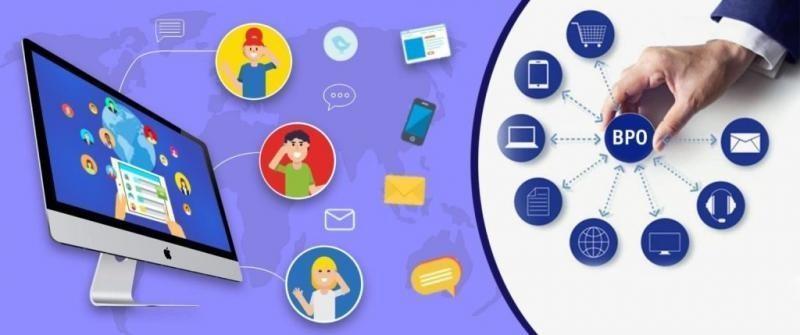The Strategic Fusion of Outsourcing and Data-Driven Decision Making

The modern business landscape is increasingly reliant on data to navigate competitive pressures, a need that is being expertly met by BPO Business Analytics. This specialized service involves outsourcing the complex processes of data collection, analysis, and interpretation to a third-party provider who leverages advanced tools to uncover actionable insights. It transforms raw business process data from functions like customer service or finance into a strategic asset. As companies seek to optimize operations and gain a competitive edge, the market for these services is expanding rapidly. The global BPO Business Analytics Market size is projected to grow to an impressive USD 6.5 billion by 2030, driven by a robust compound annual growth rate of 10.8% from 2024 to 2030, showcasing a fundamental shift towards outsourced intelligence.
At its core, BPO business analytics is a multi-stage process that begins with the systematic collection of data from various outsourced operations. This includes structured data from CRM systems, transactional records from financial processes, and unstructured data like customer feedback from call center transcripts or social media interactions. The BPO provider aggregates and cleanses this vast and varied data to ensure its quality and consistency, which is a critical and resource-intensive step. Once prepared, this high-quality dataset forms the foundation upon which all subsequent analysis is built. This initial stage is crucial, as the accuracy of the final insights is entirely dependent on the integrity of the data being fed into the analytical models, making it a cornerstone of the entire service offering and a key value proposition for clients.
The next stage involves the application of sophisticated analytical techniques and technologies to this prepared data. BPO providers utilize a suite of tools, from statistical analysis and data mining to more advanced methods like machine learning and predictive modeling. These technologies are applied to identify trends, patterns, and correlations that would be invisible to the naked eye. For instance, analytics can reveal the root causes of customer churn by analyzing service interaction data, identify inefficiencies in a supply chain by examining logistics data, or forecast future sales trends based on historical performance and market indicators. The BPO partner’s expertise in applying these powerful analytical tools to specific business problems is where the true value of the service begins to emerge, transforming raw data into meaningful business intelligence for the client.
The final and most critical stage is the delivery of actionable insights. Data analysis is of little value unless its findings are translated into clear, understandable, and strategic recommendations that can drive business decisions. BPO analytics providers excel at this, presenting their findings through intuitive dashboards, detailed reports, and strategic consultations. They don't just provide data; they provide context and a roadmap for improvement. These insights might lead to recommendations for process optimization, new marketing strategies, improved customer service protocols, or new product development opportunities. By closing the loop from data to decision, BPO business analytics empowers organizations to become more agile, efficient, and customer-centric, turning their outsourced operations into a powerful engine for strategic growth and innovation.
Explore Our Latest Trending Reports:
- Art
- Causes
- Crafts
- Dance
- Drinks
- Film
- Fitness
- Food
- Spellen
- Gardening
- Health
- Home
- Literature
- Music
- Networking
- Other
- Party
- Religion
- Shopping
- Sports
- Theater
- Wellness
